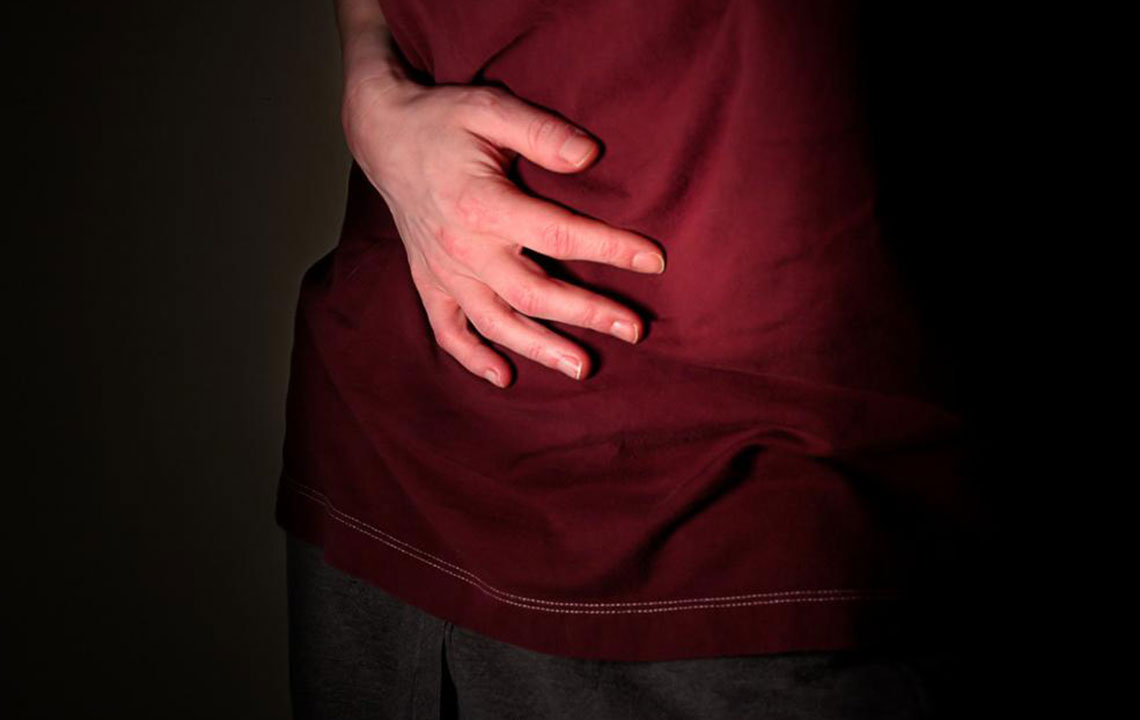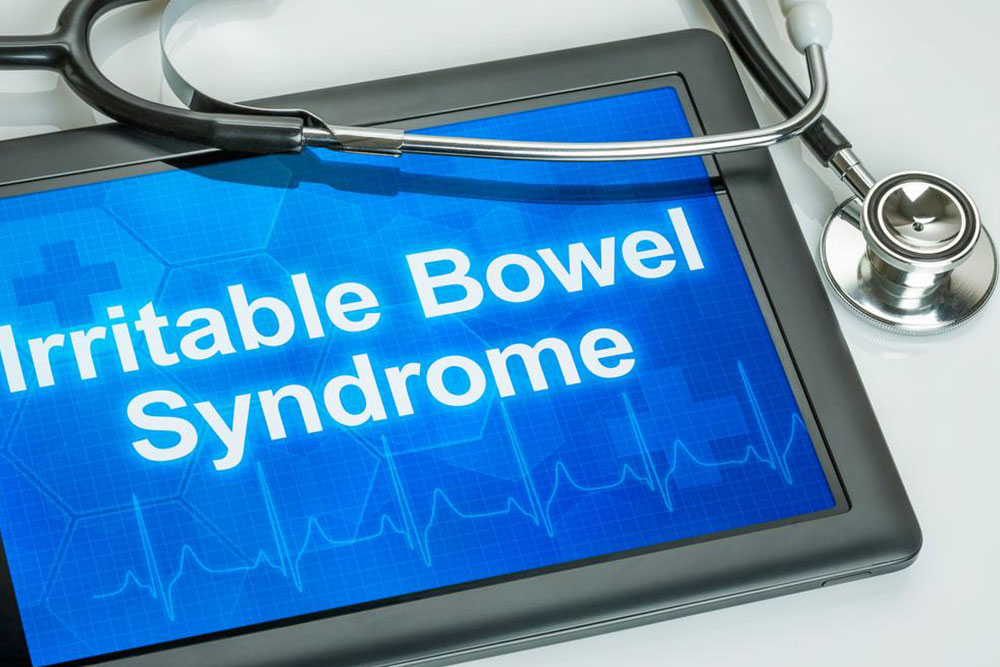Comprehensive Guide to Bowel Disorders: Symptoms, Causes, Diagnosis, and Effective Management Strategies
This comprehensive guide explores various bowel disorders, including constipation, diarrhea, IBS, and obstructions. It covers their symptoms, causes, diagnostic methods, and effective management strategies, emphasizing early detection and lifestyle adjustments for optimal digestive health. Recognizing symptoms and understanding treatment options can greatly improve quality of life and prevent severe complications.

Comprehensive Guide to Bowel Disorders: Symptoms, Causes, Diagnosis, and Effective Management Strategies
Bowel disorders refer to a broad spectrum of gastrointestinal conditions that directly impact the digestive system's ability to process food and eliminate waste efficiently. These conditions are often characterized by disruptions in normal bowel movements, which can manifest as slow transit, blockages, infections, or irregular functioning of the intestines. While they can develop at any age, these disorders significantly influence quality of life, causing discomfort, pain, and other health complications if left untreated.
The most common types of bowel disorders include constipation, diarrhea, irritable bowel syndrome (IBS), bowel obstructions, and incontinence. Each has distinct symptoms, underlying causes, and treatment approaches. Recognizing these symptoms early and understanding the causes are key steps toward effective management and improved gastrointestinal health.
Types of Bowel Disorders and Their Symptoms
Constipation
Constipation is characterized by infrequent bowel movements, typically fewer than three times per week. It often results in hard, lumpy stools that are difficult to pass. Individuals may experience straining during bowel movements, a sensation of incomplete evacuation, and abdominal discomfort. Severe cases can lead to dehydration and abdominal distention.
Diarrhea
Diarrhea involves frequent episodes of loose, watery stools. It is often accompanied by cramping abdominal pain, urgency, nausea, and sometimes fever or blood in the stool. Persistent diarrhea can lead to dehydration and electrolyte imbalances, requiring prompt medical attention.
Irritable Bowel Syndrome (IBS)
IBS is a functional disorder characterized by a chronic pattern of alternating constipation and diarrhea, often accompanied by bloating, gas, and abdominal cramps. It is a common condition that affects the normal motility of the intestines without any structural abnormalities identifiable through standard testing.
Bowel Obstruction
Intestinal obstructions occur when the bowel is physically blocked, preventing the passage of contents. Symptoms include severe abdominal pain, vomiting, bloating, inability to pass gas or stool, and rapid distention. These are medical emergencies requiring immediate surgical intervention.
Incontinence
Loss of control over bowel movements, leading to involuntary stool leakage, can result from nerve damage, weakened pelvic muscles, infections, or neurological conditions. It affects quality of life and can be managed with various therapies depending on the cause.
Recognizing the Warning Signs of Bowel Disorders
Constipation signs: fewer than three bowel movements per week, lumpy or hard stools, straining, and a persistent feeling of blockage.
Diarrhea signs: frequent, watery stools, cramping, urgency, nausea, and possibly blood or mucus in stool.
Obstruction signs: severe abdominal pain, vomiting, bloating, absence of gas or stool passage, and rapid worsening of symptoms.
Causes and Risk Factors
The causes of bowel disorders are diverse, with some common contributing factors:
Constipation: often caused by insufficient fiber intake, dehydration, physical inactivity, medications such as opioids, hypothyroidism, or structural issues.
Diarrhea: frequently results from infections (viral, bacterial, or parasitic), food intolerance, stress, laxative overuse, or inflammatory conditions.
Obstructions: are commonly linked to tumors, hernias, strictures, or surgical adhesions.
Incontinence: may stem from nerve damage, pelvic floor disorders, or chronic medical conditions such as diabetes or multiple sclerosis.
Understanding these factors can help in early identification and effective management of bowel health issues. If you experience blood in your stool, unexplained weight loss, persistent pain, or severe changes in bowel habits, it’s crucial to seek medical attention promptly.
Diagnosis: How Healthcare Professionals Identify Bowel Disorders
Diagnosis typically involves a thorough medical history, physical examination, and a series of tests to determine the underlying cause:
Stool analysis to detect infections, blood, or abnormal cells.
Colonoscopy or sigmoidoscopy to visualize the interior of the intestines and identify structural abnormalities or growths.
Imaging techniques such as abdominal ultrasound, CT scans, or MRI if obstructions or tumors are suspected.
Barium swallow tests may be used to evaluate motility issues.
Blood tests to check for anemia, inflammation markers, or metabolic issues.
Effective Treatment Options and Management Strategies
Management varies depending on the specific disorder and its severity. Common approaches include:
Dietary Modifications: Increasing dietary fiber intake through fruits, vegetables, legumes, and whole grains helps promote healthy bowel movements. Reducing foods that trigger symptoms, such as fatty meals, caffeine, or processed foods, is also beneficial.
Hydration: Drinking plenty of water ensures soft, manageable stools and supports overall gastrointestinal health.
Medications: Antidiarrheal drugs like loperamide can control diarrhea; laxatives or stool softeners assist with constipation; and Muscarinic drugs may help with IBS symptoms.
Physical Activity: Regular exercise stimulates intestinal motility and helps prevent constipation.
Behavioral and Stress Management: Techniques such as mindfulness, cognitive-behavioral therapy, and relaxation exercises can alleviate IBS symptoms related to stress.
Surgical Interventions: In cases of severe obstructions, tumors, or structural abnormalities, surgery may be necessary to remove or repair affected tissues.
Pelvic Floor Therapy: For incontinence, specialized physical therapy can strengthen pelvic muscles and improve control.
Prevention and Lifestyle Tips to Maintain Good Bowel Health
Preventive measures are essential for reducing the risk of developing bowel disorders:
Maintain a high-fiber diet to promote healthy, regular bowel movements.
Ensure adequate hydration by drinking water consistently throughout the day.
Engage in regular physical activity to stimulate intestinal function.
Avoid excessive use of laxatives and consult healthcare providers before taking any medication that affects bowel habits.
Manage stress effectively, as psychological factors can significantly impact gastrointestinal health.
Schedule routine checkups, especially if you have a family history of GI conditions or persistent symptoms.
Understanding bowel disorders — their symptoms, causes, diagnosis, and management — empowers individuals to take charge of their digestive health. Timely intervention, proper lifestyle choices, and regular medical consultations are crucial elements to prevent complications and improve overall well-being.





